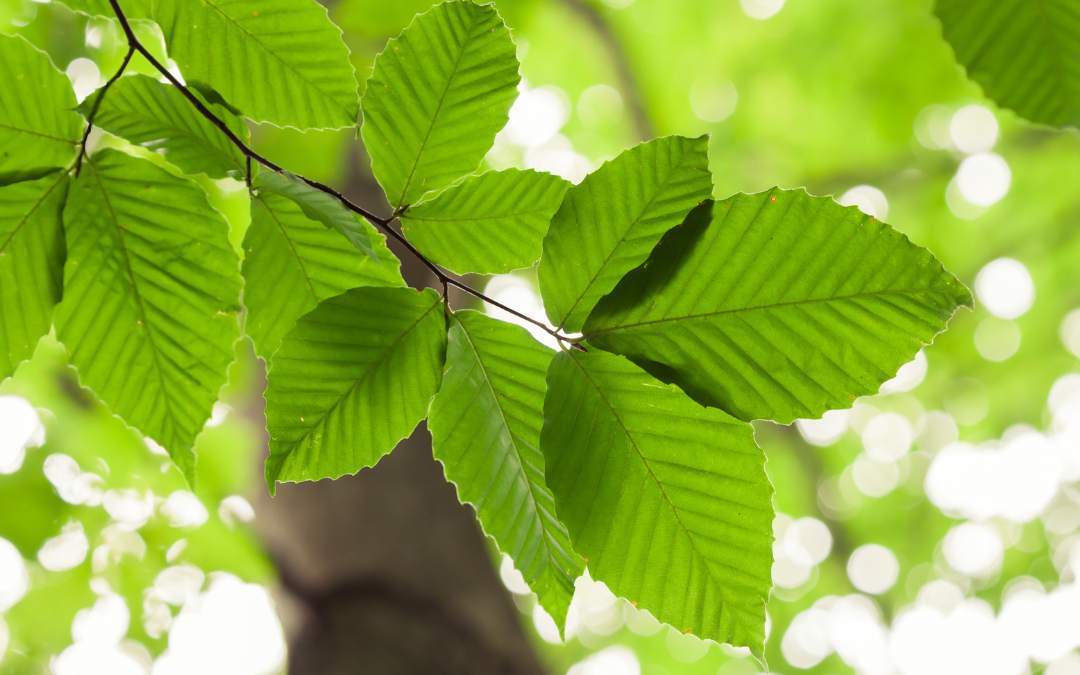
Keeping the Preserve Healthy
What does it take to keep TNC’s preserve healthy?
Members and visitors of TNC are familiar with the nearly 400 acres of forest that TNC stewards, but visitors don’t always know the consistent level of monitoring and work required to maintain our preserve.
The good news is that due to the foresight of the organization’s founders in 1961 and ongoing efforts, the preserve is not at immediate threat of habitat loss. However, there are many issues that can affect the long-term health of an ecosystem, with climate change, habitat loss/degradation, and overgrowth of invasive species being some of the most pressing. To address these challenges and strengthen the resiliency of our forest, our Land and Facility team has been working consistently with Federal, State, and Local experts to create and implement a forest management plan that emphasizes management plans and activity schedules.
Increasing habitat resiliency in the face of climate change can seem a daunting task, but actions can be taken to guide the forest to help prepare for a hotter, drier climate. TNC’s forest is primarily comprised of oak and hickory, but as it ages, the preserve is becoming a “climax” forest that is more heavily comprised of maple and beech trees. These trees have thin bark, which reduces fire resistance, and are not particularly valuable to wildlife. To create more favorable conditions for oak and hickory species to grow and thrive, TNC will thin 10% of the maple and beech species in a given 5-acre section each year, increasing the forest’s resiliency to an uncertain climate future. This targeted elimination method removes species that weaken the resiliency of the forest, and is done under the guidance of an NJ accredited forester.
Additional challenges for our preserve are litter and environmental contamination. TNC relies on help from individuals, volunteer events, and scout service. This spring, TNC staff and volunteers removed well over 150 55-gallon bags of refuse!
The need to remove invasive or ecologically undesirable species from TNC will be ever-present, as many of these undesirable species are here to stay in the region. But with ongoing effort, TNC can minimize the damage inflicted by some species while completely removing others. As of mid-August, we have removed more than 17 acres of herbaceous invasive species and over 100 woody invasive species— a huge win for the local flora that were at risk! This scope of work could not be accomplished without the 360+ volunteer work hours provided through the Forest Defender program or without the efforts of TNC Land Steward interns.
On Tuesday, June 3, Tenafly Nature Center hosted a professional development workshop focused on the treatment...
Celebrating Earth Month: A Call to Action for Our Planet
April is celebrated as Earth Month, a time to recognize and appreciate our planet while promoting environmental ...









